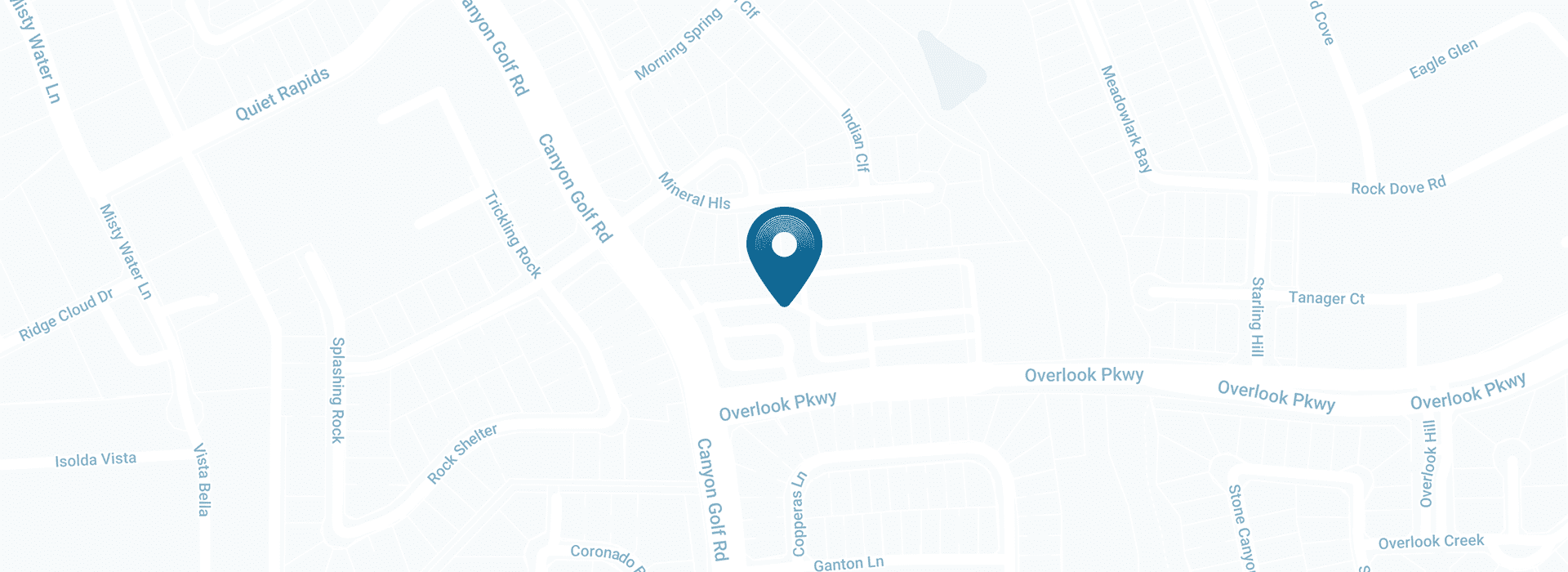
Have you ever experienced a sandy, gritty sensation in your eyes? Or perhaps you've noticed that your eyes often feel tired or red, even though you've had plenty of sleep. These could be signs that you are struggling with a condition known as dry eye. Dry eye is a common, often chronic problem that can range from a mere annoyance to a debilitating condition affecting your quality of life.
What Causes Dry Eyes?
Dry eye occurs when your eyes do not produce enough tears or the right kind of tears to keep them healthy and comfortable. Your eyes need a consistent layer of tears to stay hydrated, wash away debris, and maintain clear vision. When your eyes fail to produce sufficient tears, or if the tears evaporate too quickly, you develop dry eye.
Several factors can lead to this condition. It could be due to age, hormonal changes, or certain medical conditions like diabetes or rheumatoid arthritis. Environmental factors such as dry or windy climates, high altitudes, or prolonged screen time can also contribute to dry eyes.
Certain medications such as antihistamines, antidepressants, and certain blood pressure drugs can also cause dry eyes as a side effect. Also, wearing contact lenses for extended periods or having refractive eye surgeries like LASIK can reduce tear production and lead to dry eyes.
One of the significant causes of dry eyes is Meibomian gland dysfunction (MGD). The meibomian glands are tiny oil glands located along the edge of your eyelids. These glands produce oil, which forms the outer layer of your tear film and prevents the tears from evaporating too quickly. When the meibomian glands don't function correctly, they can't produce enough oil, or the quality of the oil is poor. This leads to the rapid evaporation of tears, resulting in dry eye symptoms.
Common Symptoms of Dry Eyes
The symptoms of dry eye can vary from person to person but typically include a stinging or burning sensation in your eyes, redness, and a sandy or gritty feeling as if something is in your eyes. You might also experience blurred vision or eye fatigue.
Another common symptom of dry eye is watery eyes. This happens when your dry eyes try to soothe the irritation by producing more tears, but these tears are the watery type, which evaporate quickly, leading to dryness.
When Should You Be Concerned About Dry Eyes?
While anyone can experience occasional dryness in their eyes, you should be concerned when these symptoms become persistent and start affecting your quality of life. If over-the-counter eye drops and lifestyle adjustments like taking breaks during computer work don't alleviate your symptoms, it's time to consult an optometrist.
Additionally, if your eyes are consistently red, and you have a constant burning or stinging sensation, don't ignore these signs. Also, a persistent feeling of something in your eyes, sensitivity to light, difficulty driving at night, or trouble wearing contact lenses are all reasons to seek professional help.
Untreated dry eye doesn't just affect your comfort, it can also impact your vision. Chronic dry eye can lead to damage to the front surface of the eye and impair your visual acuity. It is essential to see an eye care professional if you're concerned about your symptoms.
Dry Eye Treatment Options
OptiLight IPL (Intense Pulsed Light) therapy and TearCare are two advanced and effective treatments targeting the root causes of dry eye syndrome. OptiLight IPL, the first and only FDA-approved IPL therapy for dry eyes caused by MGD, utilizes specific wavelengths of light to reduce inflammation, eliminate bacteria, and improve the functionality of the meibomian glands, thus enhancing natural oil secretion to prevent rapid tear evaporation.
TearCare provides a personalized approach by applying consistent, gentle heat to the eyelids, effectively unclogging the glands, which improves oil secretion and leads to improved tear stability and quality.
Both treatments offer long-lasting relief from dry eye symptoms, reducing dependency on temporary solutions, and contribute to overall eye health and comfort.
Navigating Dry Eye Effectively
Dry eye is a common condition that can cause significant discomfort and even impact your vision if left untreated. Understanding the causes, recognizing the symptoms, and knowing when to be concerned about dry eyes are all crucial steps in managing this condition effectively.
If you're experiencing symptoms of dry eye, schedule an eye exam with our optometrist for proper diagnosis and treatment. Visit Lookout Eyecare at our office in San Antonio, Texas, or call (210) 236-7273 to discuss dry eye treatment options or to an appointment today.











